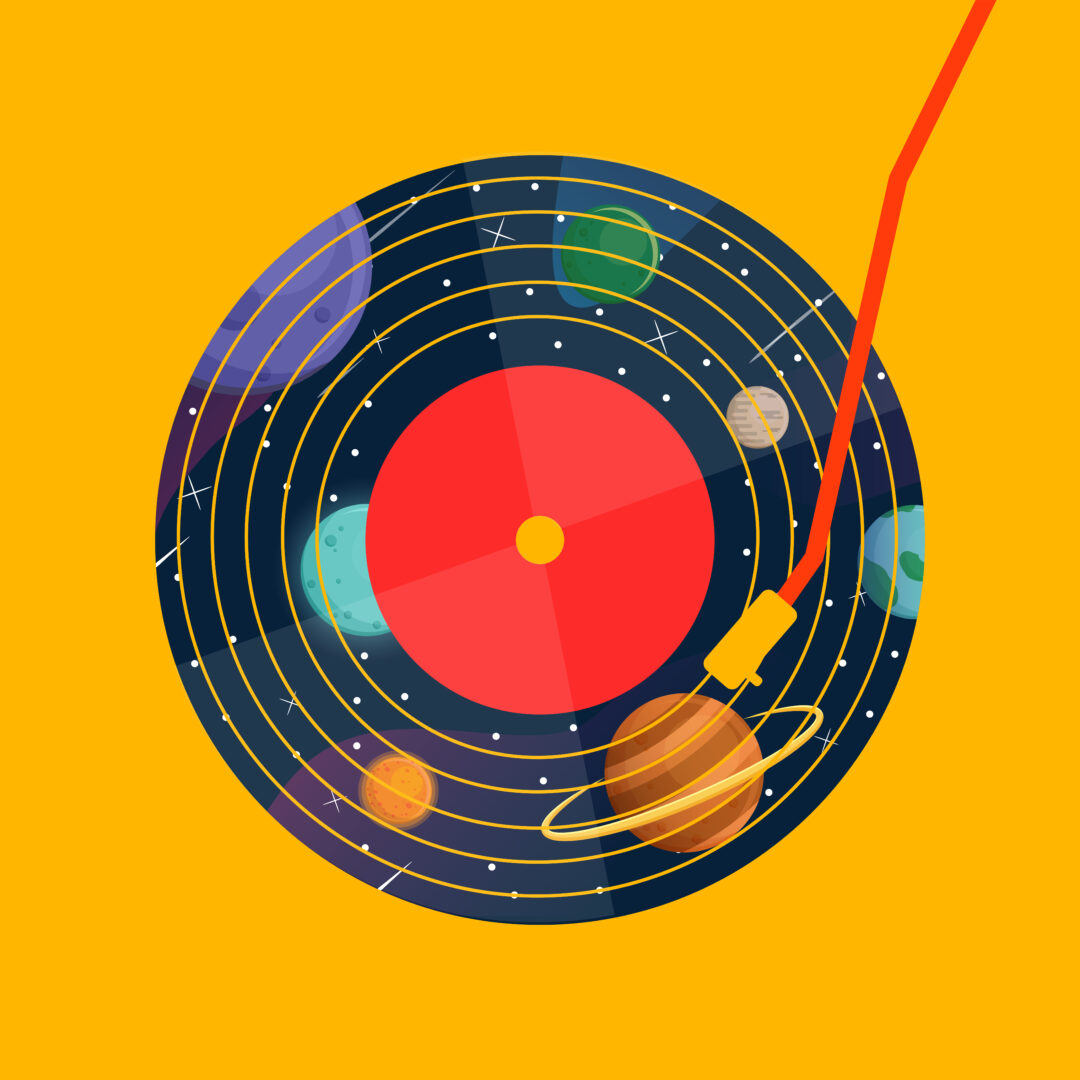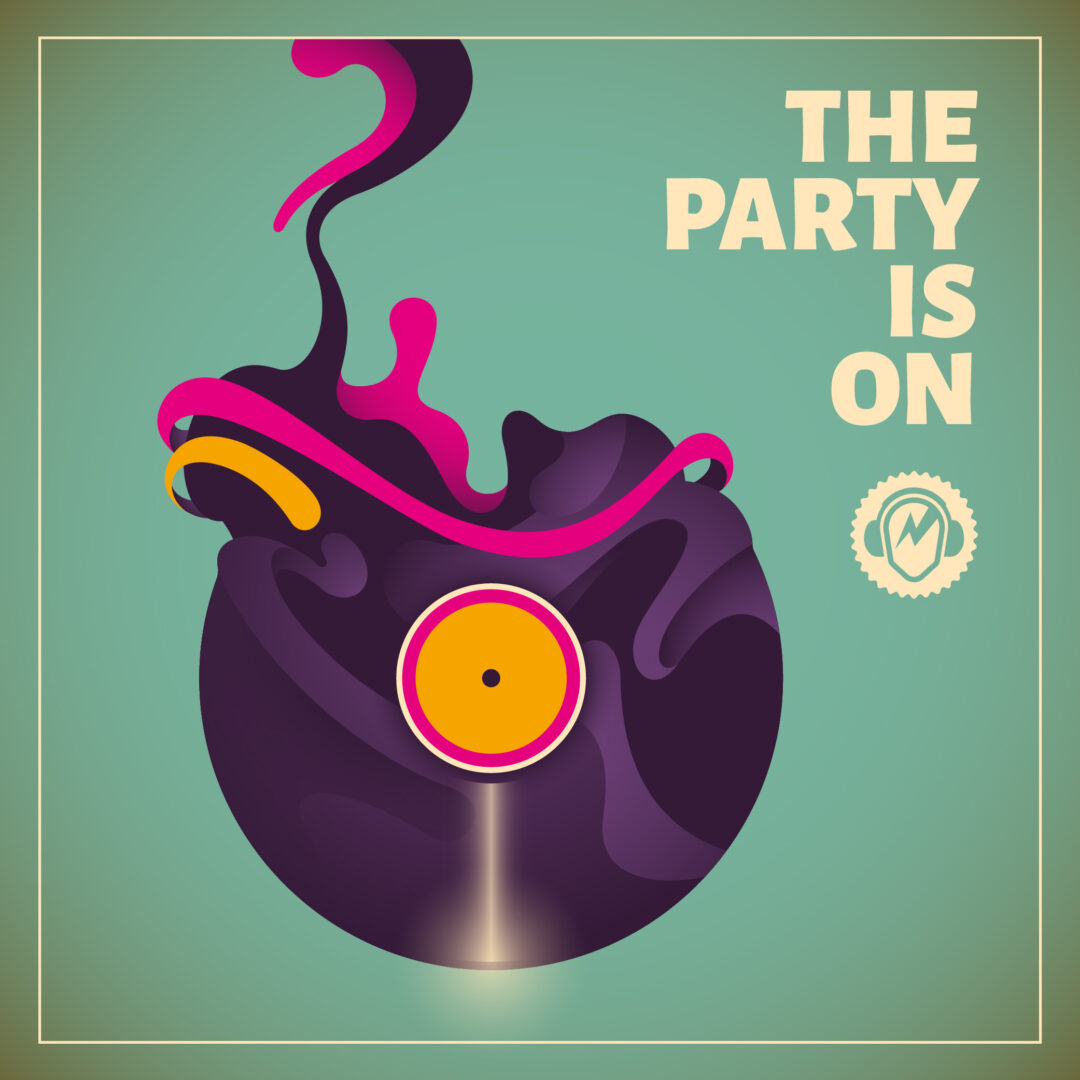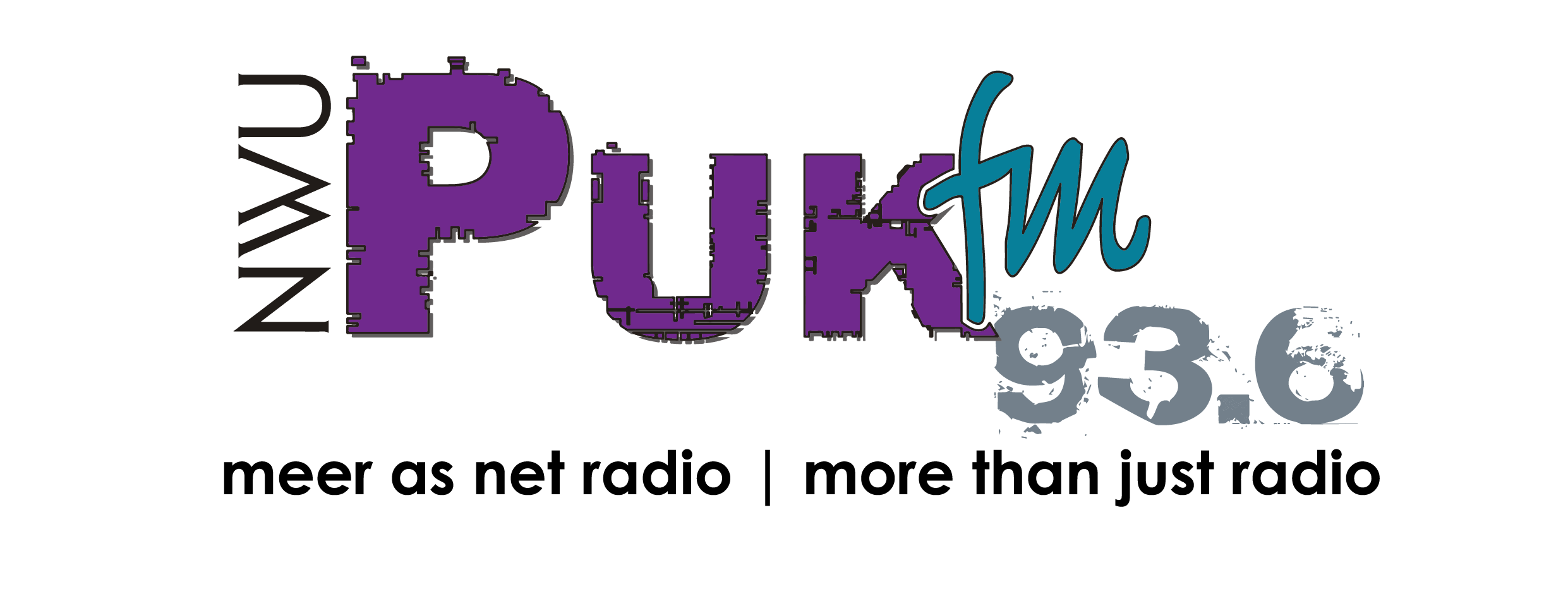-
 play_arrow
play_arrow
PUKfm
-
 play_arrow
play_arrow
London Calling Podcast Yana Bolder
-
 play_arrow
play_arrow
Summer Festival Podcast Robot Heart
-
 play_arrow
play_arrow
Electronic Trends Podcast Aaron Mills
-
 play_arrow
play_arrow
New Year Eve Podcast Robot Heart
-
 play_arrow
play_arrow
Techno Podcast Robot Heart
-
 play_arrow
play_arrow
Flower Power Festival Podcast Robot Heart
-
 play_arrow
play_arrow
Tech House Podcast Robot Heart
-
 play_arrow
play_arrow
Winter Festival Podcast Robot Heart
Christiaan Schutte
@der_schutte
We all know the feeling when we are sitting at our desks and motivated to work, but despite our best efforts, no progress is made. Why is this? The most common reason seems to be our inability to focus on the task at hand – to concentrate. In today’s fast-paced society, information abound flood into our brains in multitudes of forms. This constant need to assess information tires us mentally and depletes our attention span, which causes frustration and tardiness in completing tasks.
As with many things, concentration is affected by factors which you might find need no discussion due to their expected nature:
- Distractions can arise from simple things like looking at our phones, or overhearing a conversation, because our brains are primed to continually assess whether incoming information is useful, sufficient, applicable or just meaningless. This can be especially true considering how information-driven society has become, with many individuals succumbing to information overload and analysis paralysis.
- Insufficient sleep will without a doubt dull your senses, alertness, attentiveness, and concentration. You will have increased difficulty focusing your attention, leading to poor reasoning and logical performance. Chronic sleep problems were linked to decreases in short- and long-term memory.
- Lack of exercise does not contribute to poor focus directly, but to discomfort found with tense muscles and quicker exhaustion. This discomfort diverts attention to finding quick, one-time solutions contributing to distractions and wasting time.
- Eating habits plays a great role in the health of our bodies. Restrictive diets, like low-fat diets, can ruin cognitive functions due to the brain’s need for certain fatty acids. Other restrictive diets could lower your concentration through distractions such as hunger, cravings and feelings of unwellness.
It takes time learning to concentrate seeing that concentration is a skill in itself, which requires constant practice and use. The first stretch in improving your concentration is recognising how it might be stunted. Knowing then how to foster the growth of concentration, the second stretch in this process, allows you to build good habits beyond simply concentrating better. You will find that you can finish more tasks you value with greater enjoyment!
Finally, making time for what you love and what brings you happiness is the main purpose of the following hints in developing a sharp focus:
- Foods that are essential for maintaining stable blood sugar levels and providing energy for the brain include fruits, vegetables, and high-fibre foods. It’s important to avoid sugary foods and drinks that can cause fluctuations in blood sugar levels, as they can cause dizziness or drowsiness. To improve brain function, it’s important to include good fats in your diet such as nuts, berries, avocados, and coconut oil. Studies have also shown that consuming foods like blueberries can improve concentration and memory for up to 5 hours after consumption, and leafy green vegetables like spinach contain potassium that accelerates the connections between neurons and improves brain responsiveness.
-
- Exercising regularly is essential for cognitive function, including memory, concentration and mental sharpness, and it can also help release chemicals that are key for these cognitive functions. It can also boost the brain’s dopamine, norepinephrine, and serotonin levels which all affect focus and attention. In fact, people who engage in physical activities perform better on cognitive tasks than those with poor physical health. Exercise can also help relax the muscles and relieve tension in the body, leading to an overall better well-being.
- Routine helps to get you going in the morning and thereby helps reduce the amount of unnecessary strain on the mind. Keeping a good routine and a fixed program helps establish good habits like the points mentioned in this list, while having a boosting effect on your motivation (by starting with a small task to build motivation to do a bigger task, etc.) to concentrate even more. Further, set a goal for each day to better direct your motivation.
- Music is a double-edged sword as some music may help you concentrate whereas other music may distract you. Light music, like classical music, is generally thought of being a good choice for music, but caution should be given that the music stays in the background. Each person has different tastes in music and should thus find their ‘concentration’-music, but remember that a song’s vocals can distract your mind.
- Quality Sleep should be consistent and between seven to eight hours uninterrupted. Such sleep allows our minds to rest and thoroughly work through the information it accumulated during the day. Half-an-hour before sleeping you should turn off any electronic screens and devices, and dim your lights as the sun is setting to help your body produce melatonin – the “sleep hormone”.
- Be Present. Our society has become very fast-paced, leaving little time to focus on anything other than past events and future progress. So, take a small break every now-and-then during a long task, learn to let the past go and the future occur. Learning to re-centre our attention and focus brings calm content, which sharpens your concentration and you will possibly experience a new different perspective.
Written by: Wapad
Similar posts
Recent Comments
Chart
-
-
-
 play_arrow
play_arrow
I Had Some Help (feat. Morgan Wallen) Post Malone
-
-
-
 play_arrow
play_arrow
Not Like Us Kendrick Lamar
-
-
Top popular

VARSITY CUP TICKET RESELLERS AND BUYERS – MAY BE DENIED ACCESS

UNANSWERED AND UNSPOKEN: NWU’S SILENCE ON SUSPENSION OF SCC STUDENT LEADER

NWU EXPELS STUDENT LEADER AFTER INTERNAL FINDING OF SEXUAL MISCONDUCT

MARCHING FOR JUSTICE AND POLICE ACCOUNTABILITY: THE TRUTH BEHIND THE TMM LOFTS PROTEST

DEGENAAR PRAAT OOR DIE NA-SKOK VAN ‘N TRAGEDIE






Post comments (0)